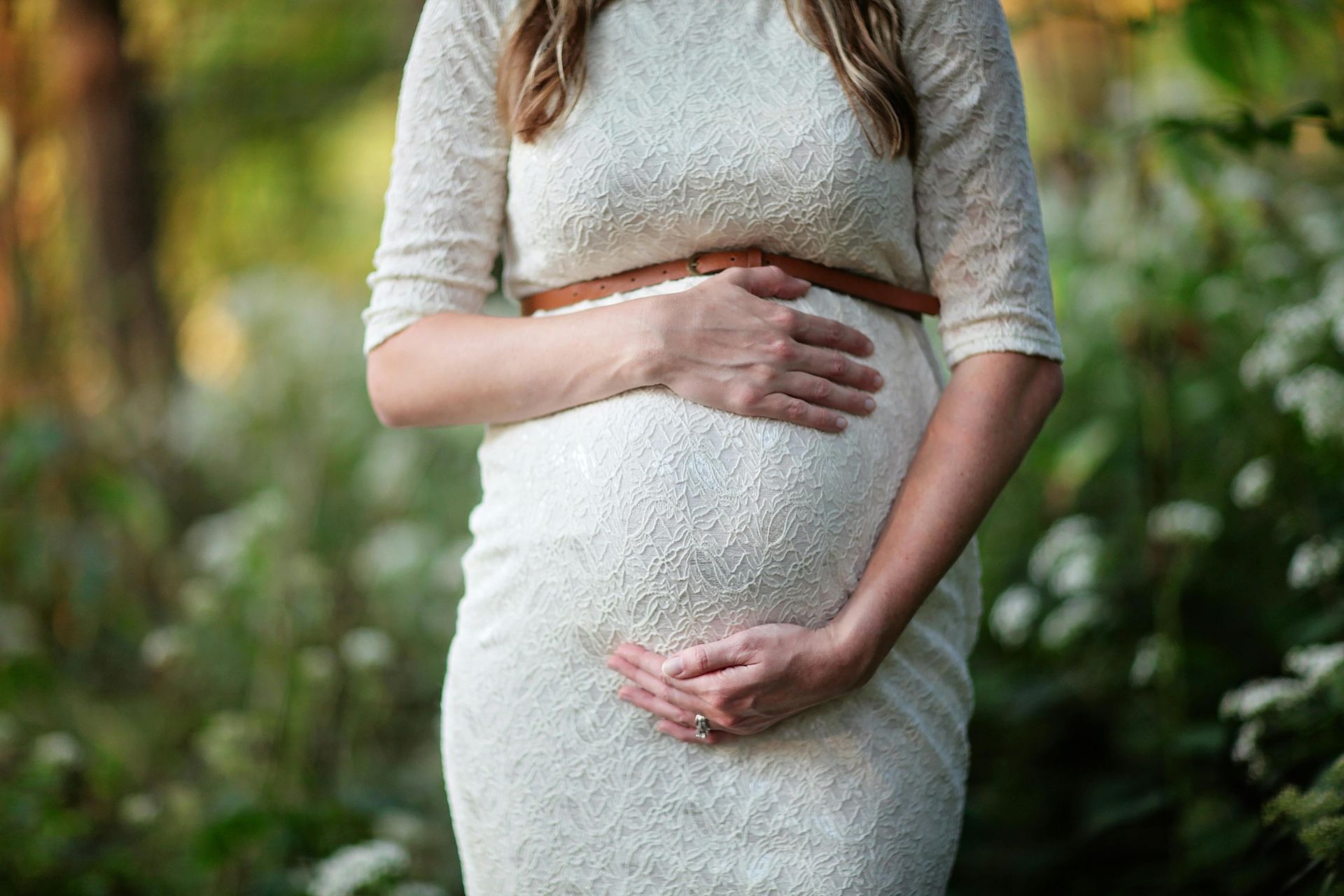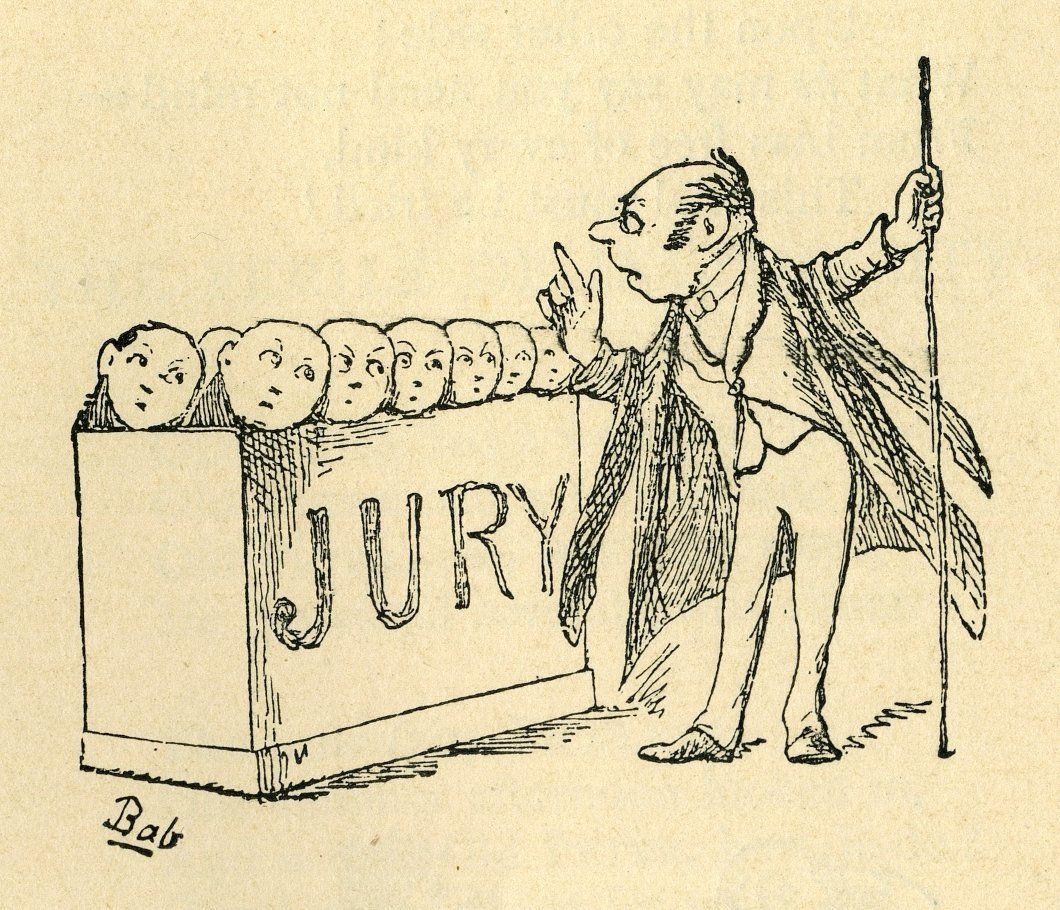The Case of Groff v. DeJoy: U.S. Supreme Court Expands Workers’ Rights to Religious Accommodation
Supreme Court Expands Workers’ Rights for Religious Accommodation
BACKGROUND
In 2012 Gerald Groff, a practicing Evangelical Christian, took a job with the United States Postal Service (USPS) in Pennsylvania. At that time the USPS rarely made Sunday deliveries, and Groff was unlikely to face a conflict between his work responsibilities and his religious practice of observing Sunday as a day of worship and rest. However, when the USPS contracted with Amazon to deliver packages on Sunday, Groff was unwilling to compromise his religious beliefs in order to work Sunday shifts. His work was distributed to other staff and his supervisors subjected him to progressive discipline until Groff resigned in 2019 because he perceived that he was about to be fired. Groff believed that his employer had discriminated against him on the basis of religion under Title VII of the Civil Rights Act, and sought legal counsel. If you are experiencing workplace discrimination on the basis of religion contact Employment Attorney Raymond Nardo.
What is a Reasonable Accommodation for Religion?
Title VII of the Civil Rights Act of 1964 protects employees from discrimination on the bases of race, color, sex, national origin, pregnancy, and genetic information. It also prohibits discrimination on the basis of religion and requires employers to make “reasonable accommodations” to allow the practice of religion, unless it causes an “undue hardship” for the employer. However, the scope of the practice of religion in the workplace was narrowed in a 1977 case called TWA v. Hardison, which held that any religious accommodation that causes more than a small expense to the employer is considered “undue hardship.”
THE CASE
Under prior precedent, a case called TWA v. Hardison, the United States Supreme Court ruled that any hardship that causes more than a small expense for the employer was an “undue hardship.” As a result, Mr. Groff lost his cases in the District Court and the United States Court of Appeals. However, four decades later, the United States Supreme Court unanimously decided, in Groff v. DeJoy, that a business must show a “substantial” burden to deny an accommodation – a burden that “would result in substantial increased costs in relation to the conduct of its particular business.” Further, the Supreme Court held that, "[a] hardship that is attributable to employee animosity to a particular religion, to religion in general, or to the very notion of accommodating religious practice, cannot be considered undue. Bias or hostility to a religious practice or accommodation cannot supply a defense."
CONCLUSION
Groff and his expert legal team won a landmark victory for workers’ rights across the USA. Though the vast majority of cases never reach the Supreme Court, Groff v. DeJoy illustrates the unpredictable nature of workplace disputes and the crucial role of professional legal representation in cases involving religious bias in the workplace. Employment Attorney Raymond Nardo has won millions of dollars in settlements for his clients and he has extensive experience resolving cases of workplace discrimination. If you believe you are experiencing religious discrimination at work, consult Employment Attorney Raymond Nardo for honest, expert, results-focused legal advice that can help you understand your rights and options.










